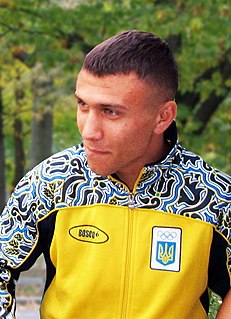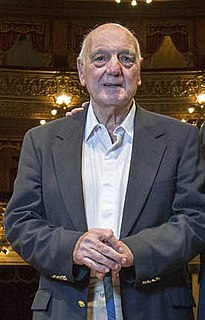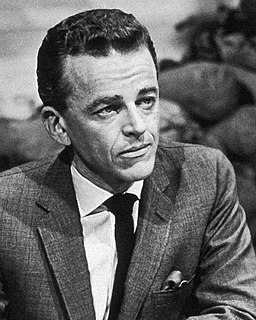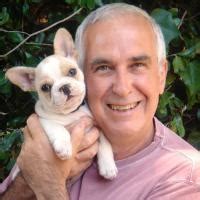A Quote by Gong Li
When I speak in English, my expressions become different. My attitude, too. I'm not sure why, but there really is a difference. My hands move differently when I speak English.
Related Quotes
Most English speakers do not have the writer's short fuse about seeing or hearing their language brutalized. This is the main reason, I suspect, that English is becoming the world's universal tongue: English-speaking natives don't care how badly others speak English as long as they speak it. French, once considered likely to become the world's lingua franca, has lost popularity because those who are born speaking it reject this liberal attitude and become depressed, insulted or insufferable when their language is ill used.
English has always been my musical language. When I started writing songs when I was 13 or 14, I started writing in English because it's the language in between. I speak Finnish, I speak French, so I'll write songs in English because that's the music I listen to. I learned so much poetry and the poetic way of expressing myself is in English.
What happens when you speak positively? When you speak positively there is no negative left to express and then there's a gap. And that gap creates the super-positive. And that, in English, is what we call God. Therefore, cultivate the attitude of gratitude. The attitude of gratitude is when you are grateful for every breath of life.




































